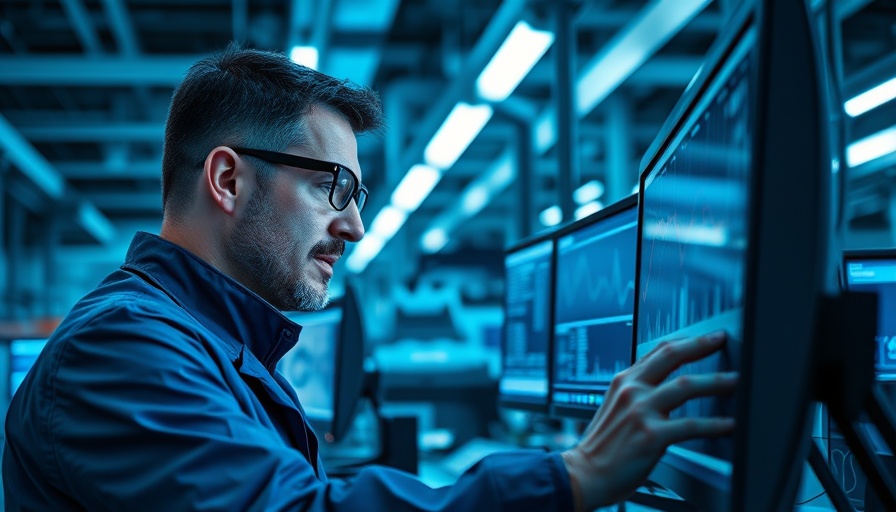
The Future of Software Development: Revolution or Revelation?
In recent conversations, tech giant Mark Zuckerberg made a striking claim: artificial intelligence (AI) will soon take over the tasks of mid-level software engineers. This projection, which he shared on the Joe Rogan Experience podcast, raises profound questions about the future of programming and the evolving landscape of employment in the tech sector.
Why Is This Shift Taking Place?
As technology evolves at a staggering pace, AI has started to play a critical role in software development. Just two years ago, a mere 10% of developers were utilizing AI coding assistants. Fast forward to 2023, and this figure soared to 63%, according to Gartner. This rapid adoption indicates a threshold is being crossed—a clear indication that automation will significantly reshape the profession.
Changing Role of Software Engineers
Zuckerberg envisions a future where programmers will not simply be writing lines of code but adapting and innovating alongside AI tools. As AI undertakes more routine coding tasks, human engineers might find their roles shifting towards creative problem-solving and high-level design. This transition suggests a dual reality: while some jobs may vanish, others will emerge, demanding a more creative and strategic skill set.
Voices from the Industry
It’s not only Zuckerberg voicing these significant changes. AWS CEO Matt Garman has echoed similar sentiments, predicting that in two years, the majority of developers may hardly need to write code anymore. Instead of focusing solely on coding, the emphasis will likely be on innovation—an essential trait for modern engineers. Meanwhile, Nvidia's Jensen Huang highlighted a transformation propelled by generative AI, reinforcing the notion that professional adaptability will be crucial in the years to come.
Societal Implications: Preparing for Change
As mid-level engineering roles become more susceptible to AI displacement, school systems and companies must emphasize upskilling and continuous education to ensure their workforce remains relevant. Organizations must proactively assess skill gaps and provide training that aligns with future technological advancements. Consideration should also be given to bridging the gap for existing employees who may feel threatened by these shifts; emotional support and career coaching could help facilitate a smoother transition.
AI: The Good, the Bad, and the Unknown
The rise of AI in software engineering does not come without concerns. Questions regarding job security and ethical implications arise, especially for middle-tier engineers who are at risk of being displaced. Furthermore, the efficiency gains touted by Zuckerberg and other tech leaders may not come to fruition smoothly; initial costs could be prohibitive, leading companies to navigate financial uncertainties as they implement AI systems.
What Lies Ahead for the Industry?
One of the key challenges facing the software industry is defining the roles that remain once AI takes significant control. As companies embed AI deeper into their infrastructure, it will reshape the profession forever, pushing workers to focus on high-value tasks that require human insight and creativity. The future could see professionals in the tech industry becoming not just coders but innovators, tasked with leveraging AI technologies effectively.
Conclusion: Embracing the Change
Embracing this impending shift means being acutely aware of the challenges and opportunities that AI presents. For businesses, the message seems clear: prepare for a future where creativity matters more than coding skills. As these changes unfold, continuous learning and adaptation will be indispensable for professionals aiming to thrive in the next iteration of tech-driven industries.
 Add Row
Add Row  Add
Add 






Write A Comment